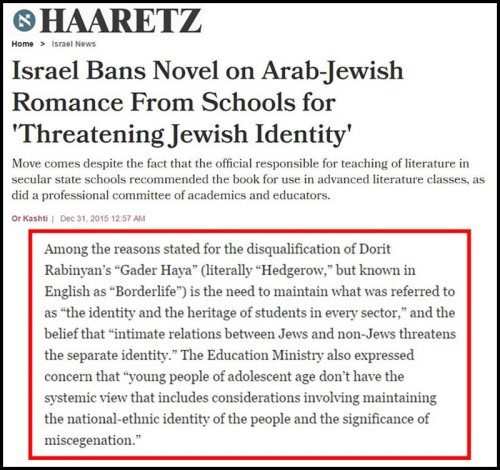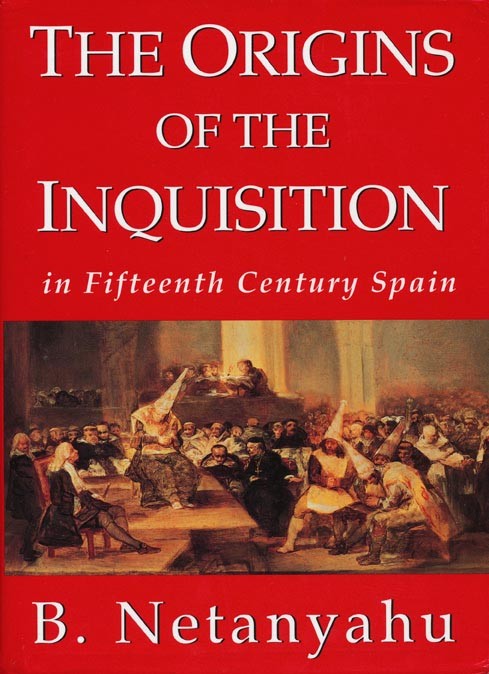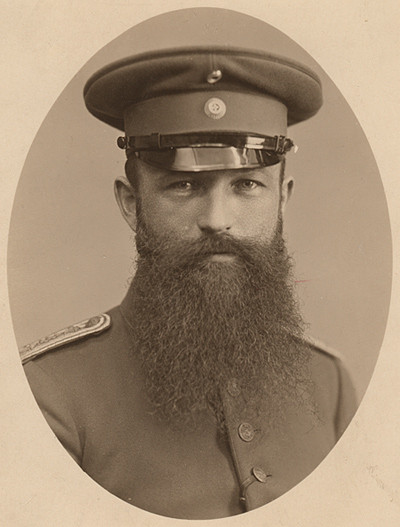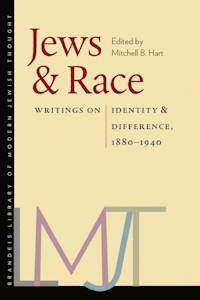Review: Jewish Tradition and the Challenge of Darwinism, Part 1
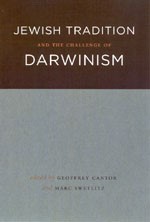
Jewish engagement with evolutionary theory is an important dimension of modern Jewish history and thought. While Jewish leaders and intellectuals have used the science of evolution to bolster notions of Jewish identity, they have also confronted and (often fiercely resisted) the use of evolutionary theory to conceptualize conflict between Jews and non-Jews. Published in 2006, Geoffrey Cantor’s Jewish Tradition and the Challenge of Darwinism, by Geoffrey Cantor and Marc Swetlitz, explores the ways Jews – singly and communally – have engaged evolutionary thought in a variety of historical contexts, and the role it has played in modern Jewish history. A central focus of the book is exploring how evolutionary ideas have been deployed, by Jews and others, in the domains of race, anti-Semitism, and Zionism, and the recurrent use over the last century and a half of evolutionary ideas to characterize Jews.
Darwin’s Origin of Species (1859) postulated natural selection as the driving force for biological evolution: that individuals in any species show a diversity of inherited characteristics and compete for the scarce resources needed to survive and reproduce. If certain characteristics benefit them in that competition, these are more likely to be passed on to the next generation and, consequently, the species will evolve over time. By the time Darwin’s book was published the transformation of species was a familiar theme, but Darwin was the first to publicly explicate the precise mechanism. While socialists and communists soon deployed Darwinian evolution in their antireligious polemics, it also attracted conservative and nationalistic thinkers. Darwin’s theory could, for example, be seen to justify unfettered capitalism. Indeed, the centrality of competition in the process of natural selection raised a host of moral issues for a Christian West. The advent of Darwinism also spawned a new way of conceptualizing race and racial competition. Read more

